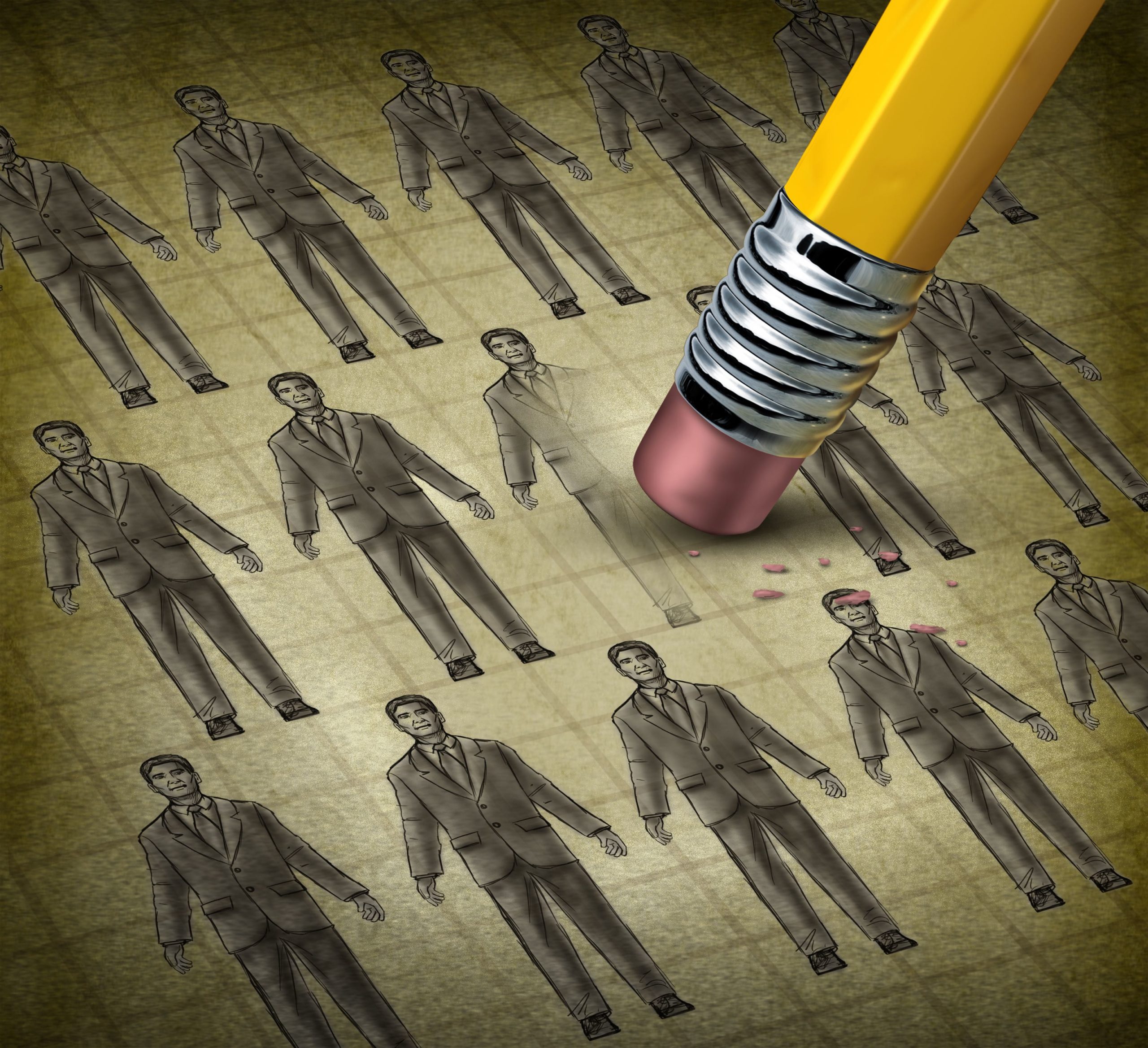For millions of people around the world, the Covid-19 pandemic has meant the loss of their job and livelihood. Whether it’s temporary or permanent, unemployment can lead to stress, anxiety, depression and other mental health challenges. All the uncertainty related to the pandemic only adds to the angst.
If Covid-19 has left you jobless, you may be experiencing many emotions and troubling thoughts.
For example, you may feel:
- A loss of identity and sense of purpose
- Unappreciated and no longer essential
- Angry, scared and jealous of others who can still work
- Lost, as if you don’t know what to do next
- Worried about how you’ll take care of yourself and your family and provide basic needs
Not everyone will have these feelings, but even those coping well with unemployment may experience some of them at some point.
The first step in coping with the mental and emotional effects of unemployment is accepting that your feelings are normal. From there, try these steps to manage your thoughts and emotions.
Accept your feelings
Remember that you’re human. This means you have a brain that is hard-wired to look for threats. When your brain spots a threat, such as unemployment, it sends signals throughout your body to gather together the resources to address it. This is known as the fight-or-flight response. Among other reactions, this response causes your pulse and breathing to quicken and your muscles to tense up.
When your brain kicks into high gear, take a deep breath. Step back for a moment. Accept that what you’re feeling is normal. Give yourself credit for doing the best you can under the circumstances.
Acknowledge your grief
If you’ve lost your job permanently or temporarily, grief is one of the most significant emotions you may feel. You may already know the stages of grief: denial, anger, bargaining, withdrawal and acceptance. You may experience stages of grief in the same way as you would the death of someone you love. Address your feelings of grief as you would with any other loss.
You may also mourn the loss of activities at your job that bring meaning and purpose to your life. You may mourn the career accomplishments that you’re proud of and you may well miss feeling a sense of belonging and identity grieve over the loss of relationships with co-workers and the structure that going to work gives to your day.
Maintain perspective
Try to keep in mind that the pandemic is causing many companies around the world to make difficult decisions. Keep in mind that staffing decisions are related to the pandemic, not to your worth or your competence.
Assume the best in others
Life during the pandemic can cause anxiety levels to rise for many people. This can lead to feelings of dread, sadness and hopelessness. If you’re struggling, others around you probably are, too.
These feelings may cause people to say and do things you don’t understand. When this happens, aim to assume the best in others. Try to have compassion, knowing that, like you, others are probably doing their best to manage their feelings in a time of crisis.
Use your energy wisely
What makes you feel energized? What drains your energy? Try to do more of the things that boost your energy. For example, avoid being hard on yourself or focusing on your losses. Instead, be kind to yourself and find reasons to laugh.
And just as you would if you were working, try to conserve your energy. For example, build breaks into your day instead of spending every moment searching for a job. These breaks can also help you focus less on worries about the future.
Focus on the present moment
Try to bring your thoughts to the present. Focus on what you can control at this moment, rather than on concerns over your future. Focus on your breathing, what you hear or what you see. If you’re moving your body, think about how it feels to swing your arms, for example. If your mind wanders on to worries about your job or finances, try to gently guide it back to the things you have control over in the moment.
Focusing your attention in these ways can help free your mind of thoughts that cause feelings of stress and anxiety.
Find your value
If your sense of self-worth is connected to your work, look for new ways to realize the contributions you make to the world around you after a job loss. Try making lists about yourself, such as:
- What you’re good at
- What you care about
- What you know
- What you can count on within yourself
This will remind you that those qualities are constant in you, whether you’re in a job or not.
Take care of yourself
If you’re unemployed due to the Covid-19 pandemic, remember that while you can’t control what happens to you, you can control how you respond. Try these strategies to take care of your mental and emotional health as you navigate the days ahead.
- This article is provided courtesy of the Mayo Clinic, a non-profit organization committed to innovation in clinical practice, education and research, and providing compassion, expertise and answers to everyone who needs healing.






